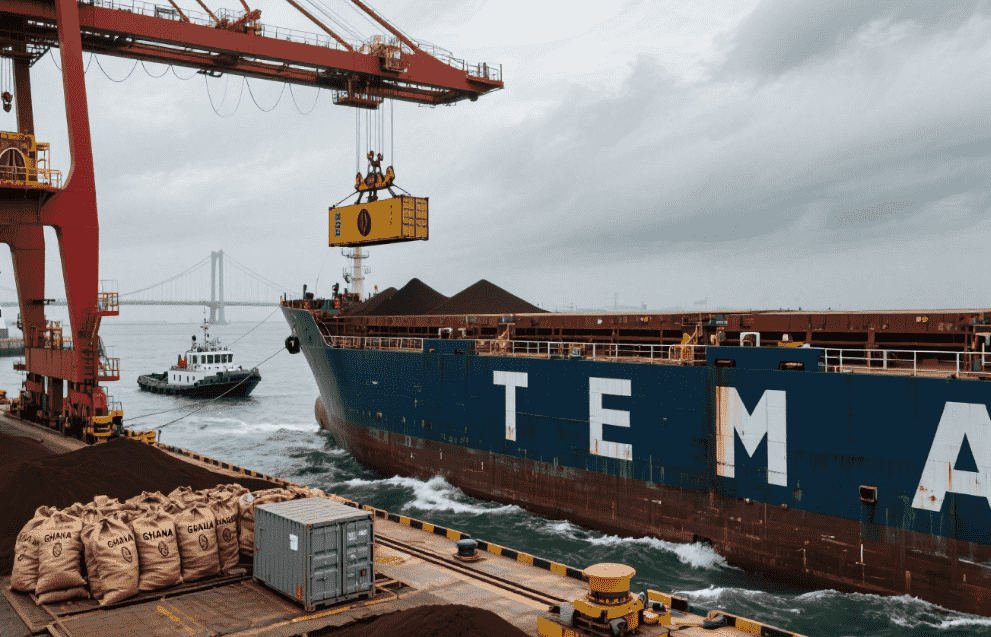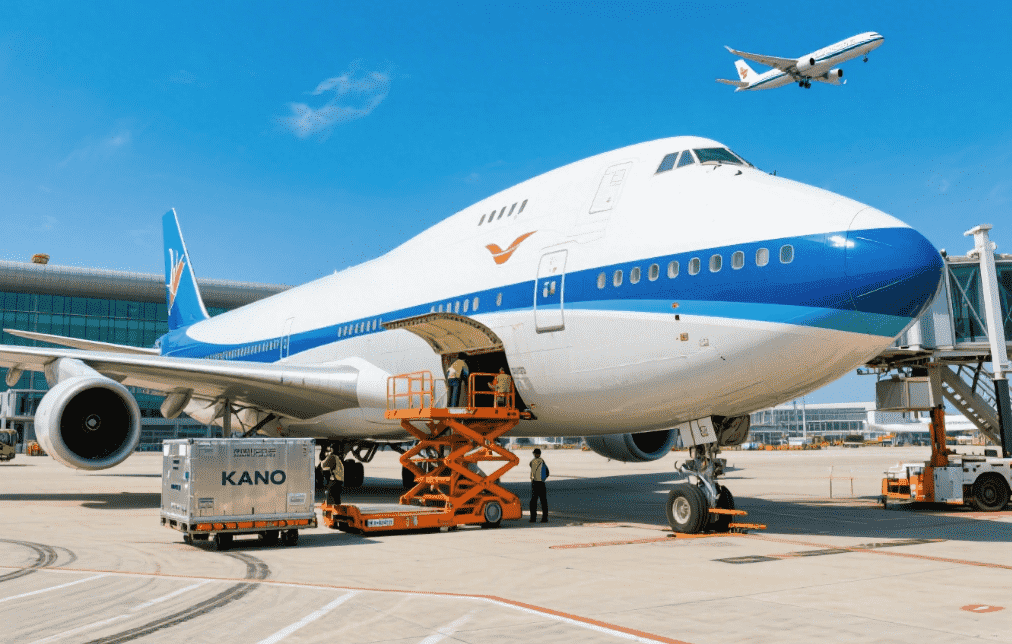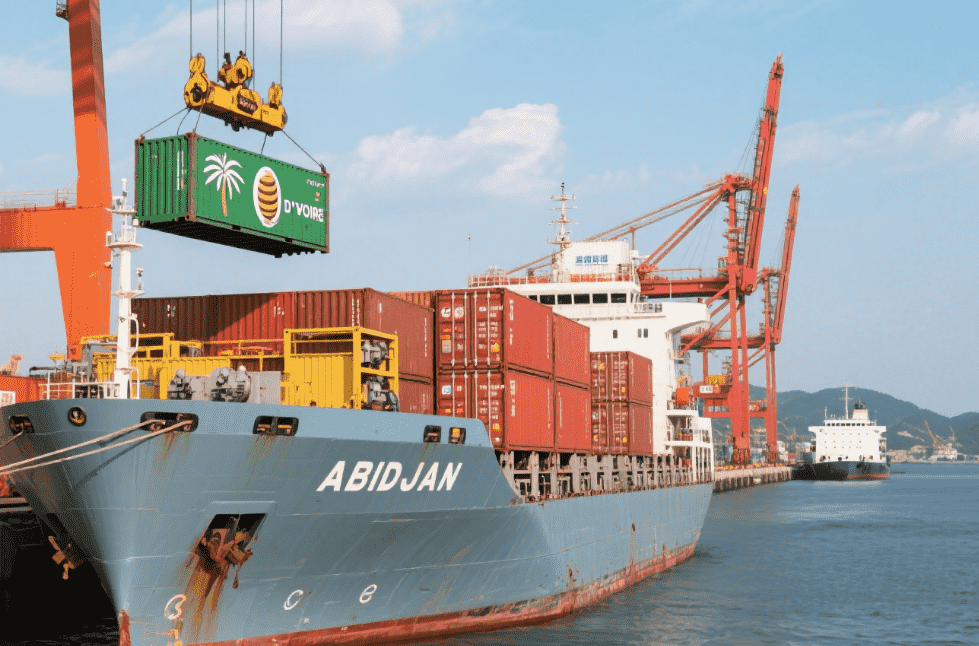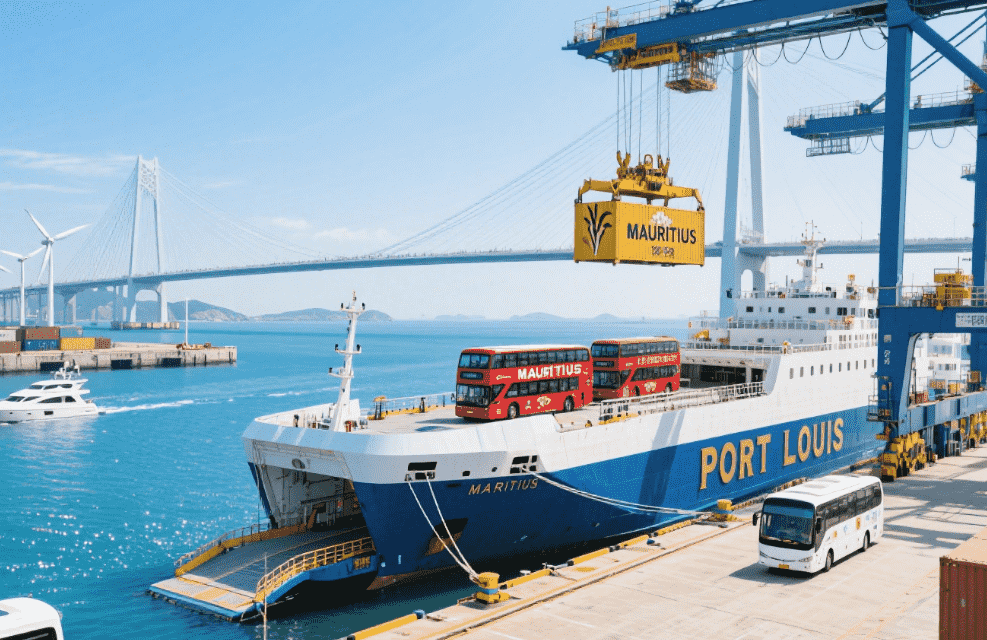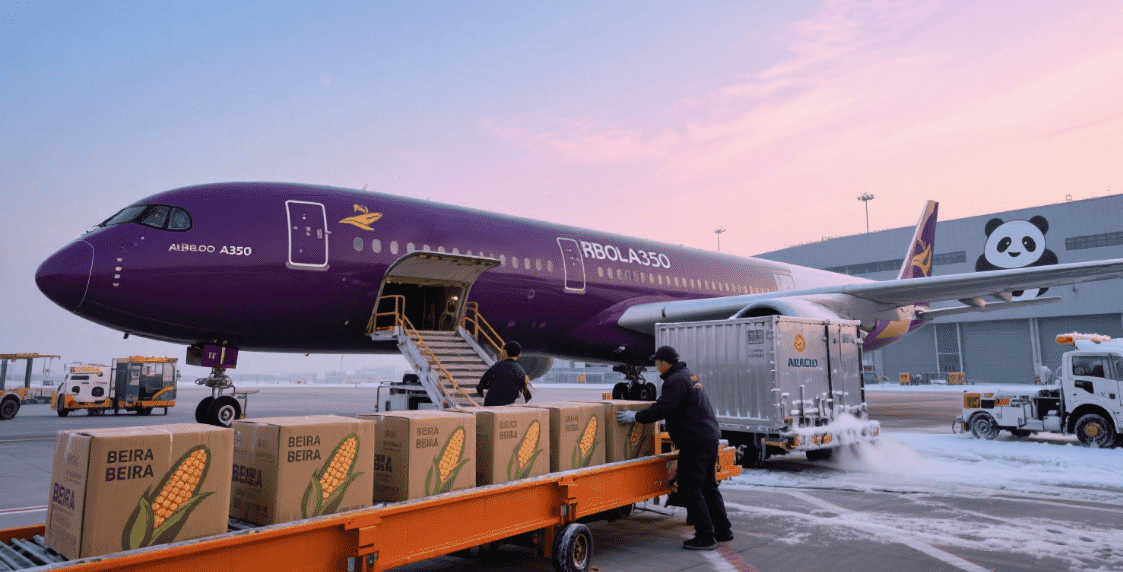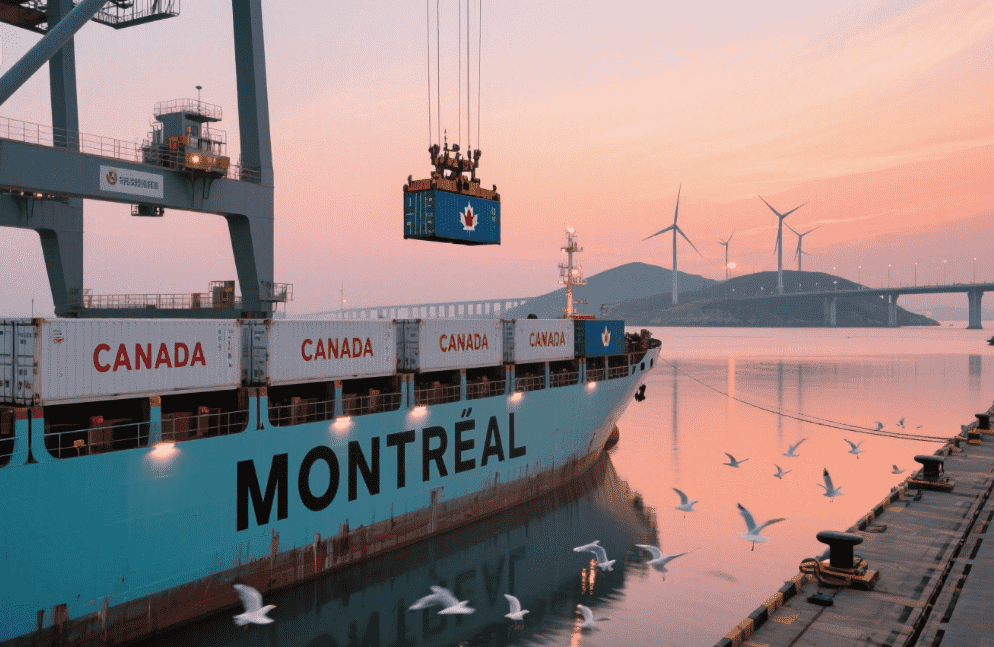
Navigating international shipping between China's industrial centers and major North American markets like Montreal requires both operational efficiency and financial optimization. For businesses expanding globally or optimizing supply networks, understanding cross-border transportation complexities - where strategic logistics partnerships prove invaluable - becomes essential. This analysis examines the key factors determining China-Montreal shipping expenses while demonstrating how selecting experienced freight forwarders and tailored shipping solutions ensures smooth, cost-effective deliveries.
The Landscape of International Shipping
The global logistics industry is a vast network, connecting producers with consumers across continents. When it comes to shipping from China to Montreal, the route traverses multiple modes of transportation—sea, air, and sometimes land—each with its own set of challenges and costs. The choice of logistics solutions hinges on factors such as the nature of the cargo, urgency, budget constraints, and environmental considerations.
From China to Montreal, the journey is long and involves meticulous planning. Sea freight, being the most economical for bulk shipments, often takes several weeks, while air freight, though faster, comes at a premium. Land transportation, primarily through rail or truck, may be used for regional distribution within North America after the initial sea or air leg. A competent cargo agent acts as a bridge, navigating these options to tailor the best freight service for each client’s needs.
Understanding Shipping Costs
Shipping costs from China to Montreal are influenced by a myriad of factors, making it essential for businesses to have a clear understanding before embarking on international trade. The primary components include:
Freight Charges: These are the base costs for transporting goods via sea, air, or land. Sea freight rates fluctuate based on container size (20ft, 40ft, etc.), while air freight is calculated by weight or volume, whichever is higher.
Customs Duties and Taxes: Importing goods into Montreal incurs duties and taxes, which vary depending on the product category and its value. A knowledgeable cargo agent can help estimate these costs accurately to avoid surprises.
Port Fees and Handling Charges: These are levied at both the origin and destination ports for services like loading, unloading, and storage. Efficient logistics solutions minimize these charges through strategic planning.
Insurance: While not mandatory, cargo insurance provides peace of mind by covering losses due to damage, theft, or loss during transit. The cost depends on the value of the goods and the level of coverage required.
Additional Services: These may include packaging, labeling, warehousing, and distribution within Montreal. Each service adds to the overall shipping cost but can be optimized through a comprehensive freight service plan.
The Role of a Cargo Agent
A cargo agent is more than just a middleman; they are strategic partners in your international shipping endeavors. Their expertise lies in:
- Route Optimization: Identifying the most cost-effective and time-efficient routes based on cargo type and destination.
- Documentation and Compliance: Ensuring all shipping documents are accurate and comply with international regulations, reducing the risk of delays or fines.
- Negotiation: Leveraging their network to secure competitive rates with carriers and service providers.
- Monitoring and Tracking: Providing real-time updates on shipment status, enabling proactive management of potential issues.
- Problem-Solving: Offering swift solutions in case of disruptions, such as weather delays or customs hold-ups.
Choosing the right cargo agent is crucial for businesses looking to streamline their shipping process from China to Montreal. It requires due diligence in assessing their experience, network, and customer service track record.
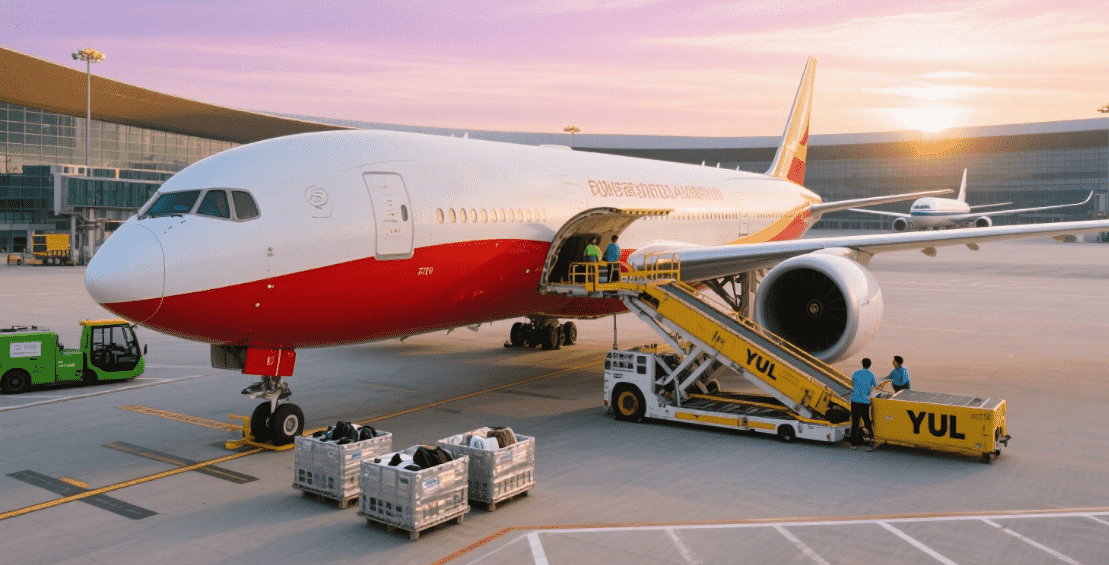
Tailoring Freight Services to Your Needs
Every business has unique shipping requirements, necessitating customized freight services. Whether it’s expedited air freight for time-sensitive goods or cost-effective sea freight for bulk shipments, a reputable logistics provider will offer a range of options. Additionally, they should provide value-added services like:
- Consolidation: Combining multiple smaller shipments into one container to reduce costs.
- Deconsolidation: Breaking down large shipments into smaller lots for easier distribution within Montreal.
- Cross-Docking: Transferring goods directly from incoming to outgoing transportation without long-term storage, speeding up delivery.
- Sustainability Initiatives: Implementing eco-friendly practices like optimizing routes to reduce carbon footprint or using low-emission vehicles.
Case Study: Successful Shipping from China to Montreal
Consider the example of a Montreal-based retailer importing seasonal apparel from China. Faced with tight deadlines and fluctuating demand, they partnered with a logistics solutions provider specializing in from China to Montreal routes. The provider recommended a combination of air freight for initial stock and sea freight for replenishments, balancing speed and cost. They also arranged for priority customs clearance and local distribution, ensuring products hit the shelves just in time for the season. This strategic approach not only minimized shipping costs but also enhanced customer satisfaction through timely availability of products.
Future Trends in International Shipping
The logistics industry is constantly evolving, driven by technological advancements and changing market dynamics. Some trends shaping the future of shipping from China to Montreal include:
- Digitalization: Increased use of digital platforms for booking, tracking, and managing shipments, enhancing transparency and efficiency.
- Automation: Adoption of automated systems in warehouses and ports to speed up handling and reduce errors.
- Sustainability: Growing emphasis on green logistics, with carriers investing in fuel-efficient vessels and electric vehicles.
- Resilience: Building more resilient supply chains capable of withstanding disruptions like pandemics or geopolitical tensions.
Businesses must stay abreast of these trends to adapt their logistics solutions and maintain a competitive edge.
Conclusion
Shipping costs from China to Montreal are a critical consideration for businesses engaged in international trade. By understanding the components of these costs and leveraging the expertise of a reliable cargo agent, companies can optimize their freight service to achieve cost savings and operational efficiency. Whether it’s through route optimization, documentation compliance, or value-added services, the right logistics solutions can make all the difference in ensuring a smooth and profitable shipping experience.
In this dynamic landscape, Winsail Logistics stands out as a trusted partner, offering comprehensive logistics solutions tailored to meet the unique needs of each client. With a deep understanding of the from China to Montreal corridor and a commitment to excellence, they empower businesses to navigate the complexities of international shipping with confidence. For more information, visit https://www.winsaillogistics.com and discover how they can transform your logistics operations today.
In summary, the journey from China to Montreal is fraught with challenges, but with the right logistics solutions, cargo agent, and freight service, businesses can overcome these hurdles and thrive in the global marketplace. The key lies in staying informed, adaptable, and proactive in managing every aspect of the shipping process.


